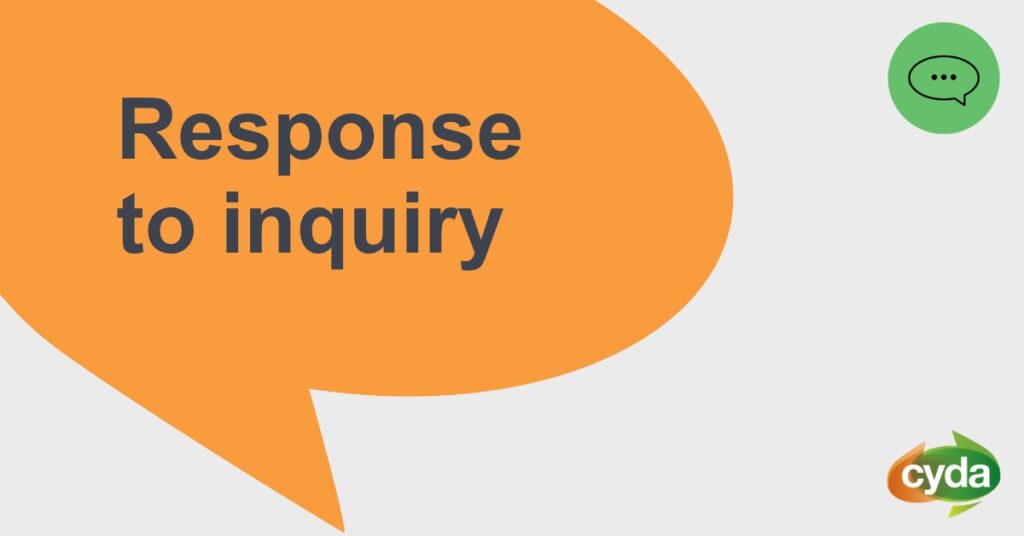Children with Disability Australia welcomes the opportunity to further contribute to the Productivity Commission’s Inquiry into Childcare and Early Childhood Learning. This submission follows our written submission of February, 2014.
This submission, made in reply to the Productivity Commission’s draft report of July 2014, considers the report’s draft recommendations, findings and information requests that are most relevant to children with disability and their families.


